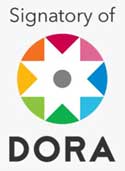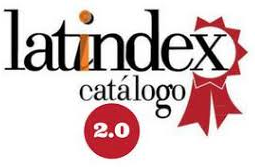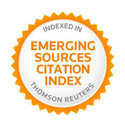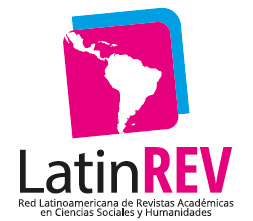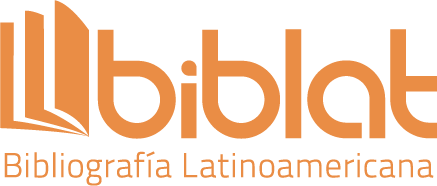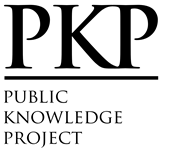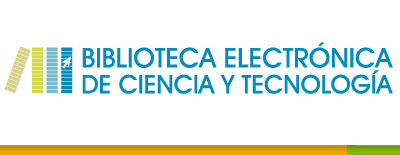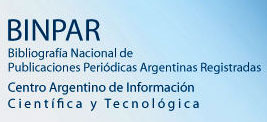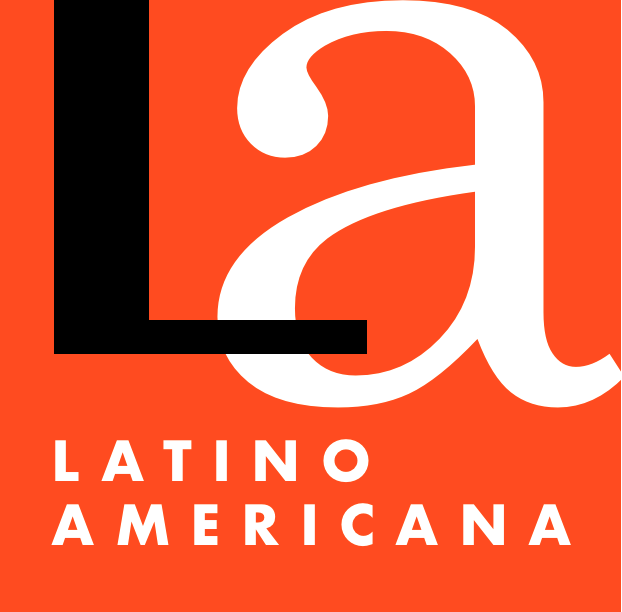Argentine journalism
In search of data about the profession
Abstract
Argentina has a long journalistic tradition, with academic institutions that are pioneers in the profession. Nevertheless, the development of studies on journalism remains incipient, which is evinced by the few systematic studies that allow for a diagnosis of the profession’s situation in the country. Studies based on sample surveys concentrate on the last fifteen years and spring, in large part, from the efforts of civil society. In the majority of cases, they were conceived by consultants with the participation of a few universities. Although diverse in reach and focus, almost all of these investigations agree on the scarcity, not only of references to the journalists’ situation, but also of data that can adequately measure the universe of the profession. Because of this, most surveys are principally centered on the journalists of mainstream media from the capital city, who are accessible and measurable but not representative of the entire field. With these antecedents, the available investigations are presented as exploratory interviews, while their results are given a provisional status. The lack of statistical data on working professionals could be attributed to a dearth of centralized registries due to the low participation of journalists in labor unions and civil society. Also influential is the fact that the theoretical frameworks common to the sociology of editorial staffs and to studies of news production have only recently began to be disseminated across the country within the last decade. This weakness in the epistemological base has diversified the methodologies employed for broaching the problem, which have not always been adequate in providing a general diagnosis of the profession, which is still pending.
Downloads
References
Amado, A. (2007). Periodismo de calidad: debates y desafíos. Buenos Aires: La Crujía.
Amado, A. (2011). “Los compromisos del periodista y del investigador académico” (p. 119-128). En: Christofoletti, R. & Karam, F. J. (eds.). Jornalismo investigativo e pesquisa científica: fronteiras. Florianópolis: Editora da Universidade Federal de Santa Catarina; Editora Insular.
Arrueta, C. (2006). “Estudios sobre emisores y procesos productivos en medios de comunicación: estado de la cuestión en Argentina”. En: X Jornadas Nacionales de Investigadores en Comunicación. San Juan: Red Nacional de Investigadores en Comunicación. Consultado el 9 de septiembre de 2012 en: http://www.redcomunicacion.org/memorias/pdf/2006ararrueta1.pdf
Arrueta, C. (2010a). ¿Qué realidad construyen los diarios? Buenos Aires: La Crujía.
Arrueta, C. (2010b). “Entender los medios, estudiar las noticias: una propuesta epistemológica y metodológica para el estudio de procesos de producción informativa” (p. 215-241). En: Arrueta, C., Brunet, M. & Guzmán, J. (eds.). La comunicación como objeto de estudio. San Salvador de Jujuy: Dass.
Arrueta, C., Brunet, M. & Guzmán, J. (2010). La comunicación como objeto de estudio. San Salvador de Jujuy: Dass.
Beliz, G. & Zuleta Puceiro, E. (1998). La cultura profesional del periodismo argentino: hacia un índice riesgo-país en materia de libertad de prensa. Buenos Aires: Facultad de Ciencias de la Comunicación, Universidad Austral. (Cuadernos Australes de Comunicación; 1).
Donsbach, W. & Patterson, T. E. (2004). “Political news journalists: partisanship, professionalism, and political roles in five countries”. En: Esser, F. & Pfetsch, B. (comps.). Comparing political communication: theories, cases, and challenges. New York: Cambridge University Press.
Estudio de Comunicación & Universidad Austral (2008). Periodistas y empresas: claves de una relación necesaria. Buenos Aires: Universidad Austral. Facultad de Comunicación; Estudio de Comunicación.
Foro de Periodismo Argentino (FOPEA) & CIO Argentina (2011). Encuesta sobre los periodistas y su profesión. Buenos Aires: FOPEA. Consultado el 9 de septiembre de 2012 en: http://www.fopea.org/Etica/Encuesta_sobre_Periodismo
Foro de Periodismo Argentino (FOPEA) & Giacobbe y Asoc. (2005). Sobre los periodistas y su profesión. Buenos Aires: FOPEA. Consultado el 10 de septiembre de 2012 en: http://www.fopea.org/content/download/331/2036/file/Informe.pdf
Fraga, R. (1997). Autopercepción del periodismo en Argentina. Buenos Aires: Editorial de Belgrano.
Hallin, D. & Mancini, P. (2004). Comparing media systems: three models of media and politics. Cambridge: Cambridge University Press.
Hanitzsch, T. (2007). Deconstructing journalism culture: toward a universal theory. Communication Theory, 17 (4): 367-385.
Hanitzsch, T. & Mellado, C. (2011). What shapes the news around the world? How journalists in eighteen countries perceive influences on their work. The International Journal of Press/Politics, 20 (10): 1–23.
Instituto Prensa y Sociedad (2004). Cómo trabajan los periodistas latinoamericanos. Lima: Instituto Prensa y Sociedad.
Majul, L. & Gorbato, V. (1999). Periodistas: qué piensan y qué hacen los que deciden en los medios. Buenos Aires: Sudamericana.
Martini, S. (2000). Periodismo, noticia y noticiabilidad. Buenos Aires: Norma.
Martini, S. & Luchessi, L. (2004). Los que hacen la noticia. Buenos Aires: Biblos.
Mellado, C., Moreira, S., Lagos, C. & Hernández, M. E. (2012). Comparing journalism cultures in Latin America: the case of Chile, Brazil and Mexico. International Communication Gazette, 74: 60-77.
Paredes, G. [2010]. La imagen de los profesionales de la información en la prensa. Buenos Aires: Universidad del Salvador. Facultad de Ciencias de la Educación y de la Comunicación Social. Consultado el 29 de febrero de 2012 en: http://fcecs.usal.edu.ar/sites/default/files/Archivos/fcecs/otros/2.pdf
Ruiz, F., Alvarez Teijeiro, C., Elizalde, L., Fernández Pedemonte, D. & Alconada, H. (2001).
Prensa y congreso: trama de relaciones y representación social. Buenos Aires: La Crujía.
Schmidt-Liermann, C., Rovere, M. & Lavalle Cobo, D. (2003). Periodismo y acceso a la información pública. Lima: Fundación Konrad Adenauer.
Secretaría de Cultura de la Nación (2003). Industrias culturales: mercado y políticas públicas en
Argentina.G. Mastrini & S. Contreras (eds.). Buenos Aires: CICCUS.
Waisbord, S. (2012, ene.-mar.). Periodismo y política: repensar la agenda de investigación en
la academia globalizada. Revista Telos. Consultado el 10 de septiembre de 2012 en: https://telos.fundaciontelefonica.com/seccion=1268&idioma=es_ES&id=2012013016170001&activo=6.do
Wolf, M. (1987). La investigación de la comunicación de masas. Barcelona: Paidós.
Copyright (c) 2012 Adriana Amado Suárez

This work is licensed under a Creative Commons Attribution-NonCommercial 4.0 International License.
The authors retain the copyright and guarantee the journal the right to be the first publication of the work. In case that a translation of the article already published in Austral Comunicación can be published in another journal, it is requested to record the original publication in the translated version.
The license used is CC BY-NC-SA, which allows sharing (copying and redistributing the material in any medium and format) and adapting (remixing, transforming and building on the material) under the following terms: attribution (acknowledge authorship) and non-commercial (the material cannot be used for commercial purposes). Update: February 1, 2022.
Austral Comunicación allows the author (s) to retain the publication rights without restrictions.



